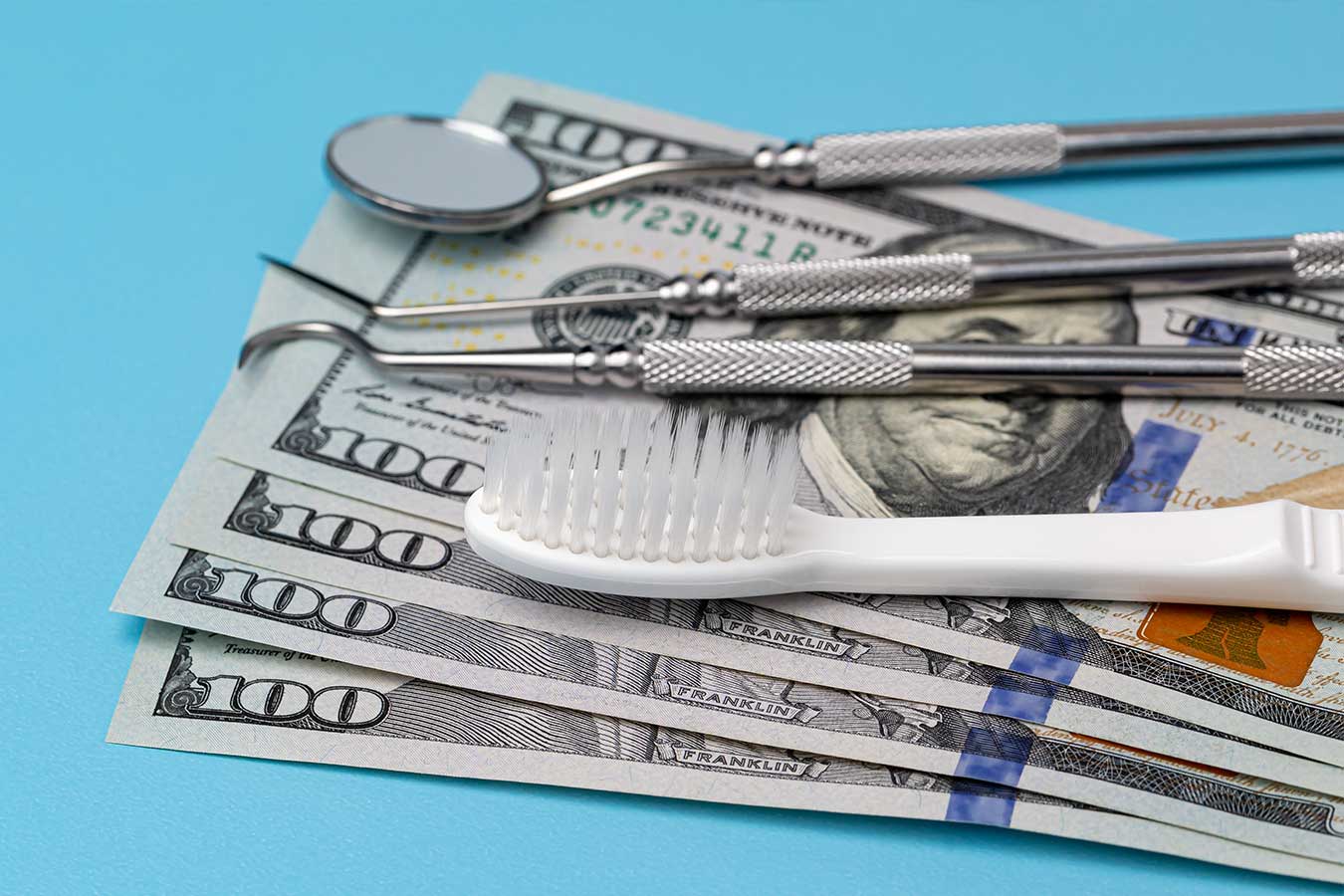By Gulzar Ahmed, Client Advisor & Chicago Office Director
Cash is always king. This truism is the reason we encourage dental practice owners to have enough cash on hand at any time to cover business expenses for two to three months. The reason is simple – life will inevitably throw you some curve balls and when things happen that you never would have expected (think pandemic), having a cash reserve provides a critical cushion.
Know Your Monthly Expenses
In order to save enough to cover expenses for a few months, you need to know how much your practice spends each month. This is called your monthly fixed overhead and it includes expenses like payroll, rent, supplies, utilities, insurance, phone services, retirement and tax savings, etc.; all of the day-to-day costs incurred in the life of your practice. If you don’t already know this information, you can find it on your profit and loss statement, which is one of the financial reports used to calculate your taxes. Once you know your monthly fixed overhead, start setting aside money for a cash reserve that would be enough to cover at least two to three months of expenses.
Prepare for the Unknown
The COVID pandemic was a major disruptor for dental practices that almost no one could have predicted, but there are other disruptions that are far more likely to occur. According to the Social Security Administration, one in four dentists has a chance of becoming temporarily or permanently disabled. The number is much higher for dentists than for other professionals because of the physical demands of their job. Dentists are a high risk for musculoskeletal disorders which may show up as lower back or neck pain. When a minor strain occurs, it can take weeks to heal, while a more severe injury may require months.
Cash Reserve Buys Time
One of the appeals of cash is that it’s instantly available, which is what you want in an emergency. Having cash on hand can buy you time by keeping your practice running smoothly until other systems kick in. At the beginning of the pandemic, the government moved quickly to help small business owners with the Paycheck Protection Program, but government funds weren’t instantly available. It took weeks and for some businesses, up to a couple of months to access funds. Having cash on hand provided a bridge.
The same is true for insurance. If you experience a short-term disability, your disability insurance will cover personal expenses, while your business insurance pays expenses related to your practice. You can’t count on the insurance company to pay out instantly. By having a cash reserve, you’re in a position to cover expenses during an interim period until the insurance money arrives.
Cash on Hand Gives Flexibility
If you end up setting aside money for an emergency that never occurs, count yourself lucky – that’s a great “problem” to have. Having extra cash on hand gives you flexibility, which comes in handy when you’re running practice. With a robust reserve, you can afford to dip into your stockpile to do things like buy a new piece of equipment, build out your office space, invest in business property, or even buy a second practice. Having cash reserves also gives you more flexibility when working with your staff. If your hygienist is a valuable member on your team and another practice is trying to lure them away, you can afford to counter. You also have the option to pull some of the reserves as personal income, invest money in a college savings account for your kids, or pay off your home mortgage.
Cash Buffer Delivers Peace of Mind
One of the reasons dentists become practice owners is because they like the control it gives them over their own career. Having a cash reserve is an extension of that philosophy. It frees you from being dependent on someone else. If you hit a rough patch, you’re prepared to bail yourself out. A cash buffer gives dentist financial freedom and peace of mind.
If you’d like to find out more about how your practice can prepare for the unexpected, contact Engage Advisors. We can help you address the challenges of running a dental practice so you can move forward confidently towards a financially secure future.

